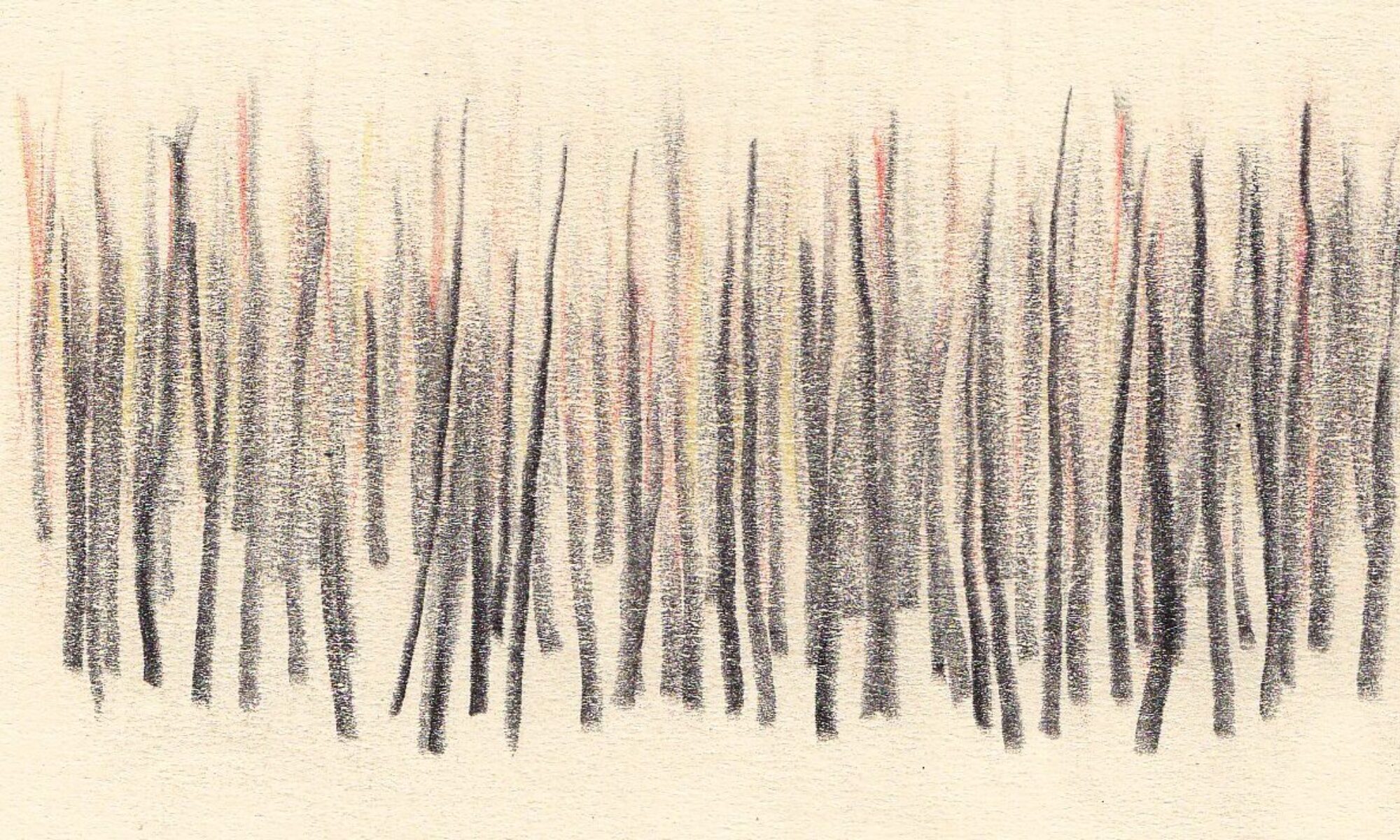Of all the changes of language a traveler in distant lands must face, none equals that which waits him in the city of Hypatia, because the change regards not words, but things. I entered Hypatia one morning, a magnolia garden was reflected in blue lagoons, I walked among the hedges, sure I would discover young and beautiful ladies bathing; but at the bottom of the water, crabs were biting the eyes of the suicides, stones tied around their necks, their hair green with seaweed.
I felt cheated and I decided to demand justice of the sultan. I climbed the porphyry steps of the palace with the highest domes, I crossed six tiled courtyards with fountains. The central hall was barred by iron gratings: convicts with black chains on their feet were hauling up basalt blocks from a quarry that opened underground.
I could only question the philosophers. I entered the great library, I became lost among shelves collapsing under the vellum bindings, I followed the alphabetical order of vanished alphabets, up and down halls, stairs, bridges. In the most remote papyrus cabinet, in a cloud of smoke, the dazed eyes of an adolescent appeared to me, as he lay on a mat, his lips glued to an opium pipe.
“Where is the sage?”
The smoker pointed out of the window. It was a garden with children’s games: ninepins, a swing, a top. The philosopher was seated on the lawn. He said: “Signs form a language, but not the one you think you know.”
I realized I had to free myself from the images which in the past had announced to me the things I sought: only then will I succeed in understanding the language of Hypatia.
Now I have only to hear the neighing of horses and the cracking of whips and I am seized with amorous trepidation: in Hypatia you have to go to the stables and riding rings to see the beautiful women who mount the saddle, thighs naked, greaves on their calves, and as soon as a young foreigner approaches, they fling him on the piles of hay or sawdust and press their firm nipples against him.
And when my spirit wants no stimulus or nourishment save music, I know it is to be sought in the cemeteries: the musicians hide in the tombs; from grave to grave flute trills, harp chords answer one another.
True, also in Hypatia the day will come when my only desire will be to leave. I know I must not go down to the harbor then, but climb the citadel’s highest pinnacle and wait for a ship to go by up there. But will it ever go by? There is no language without deceit.
